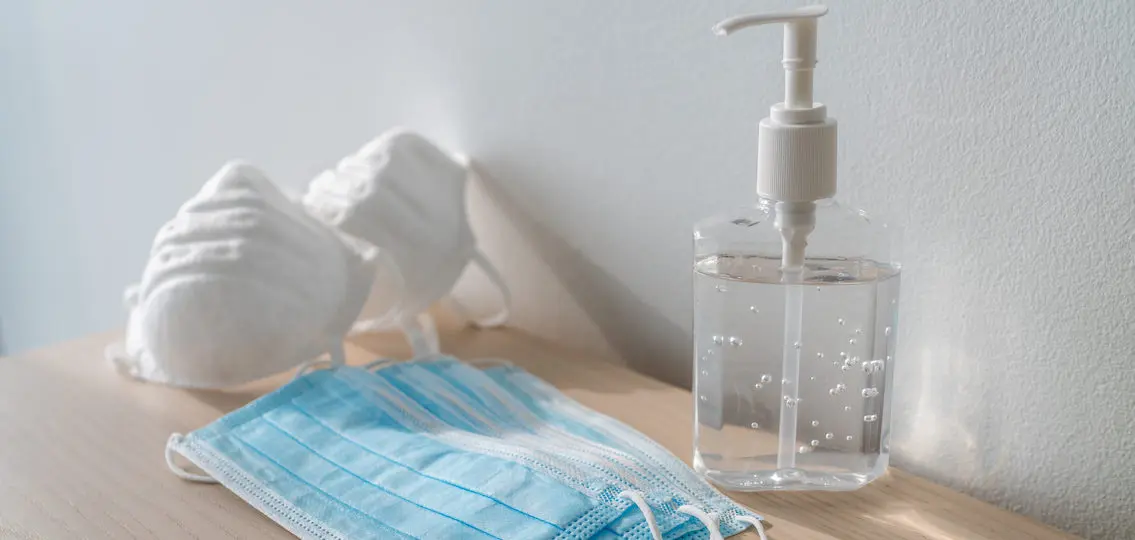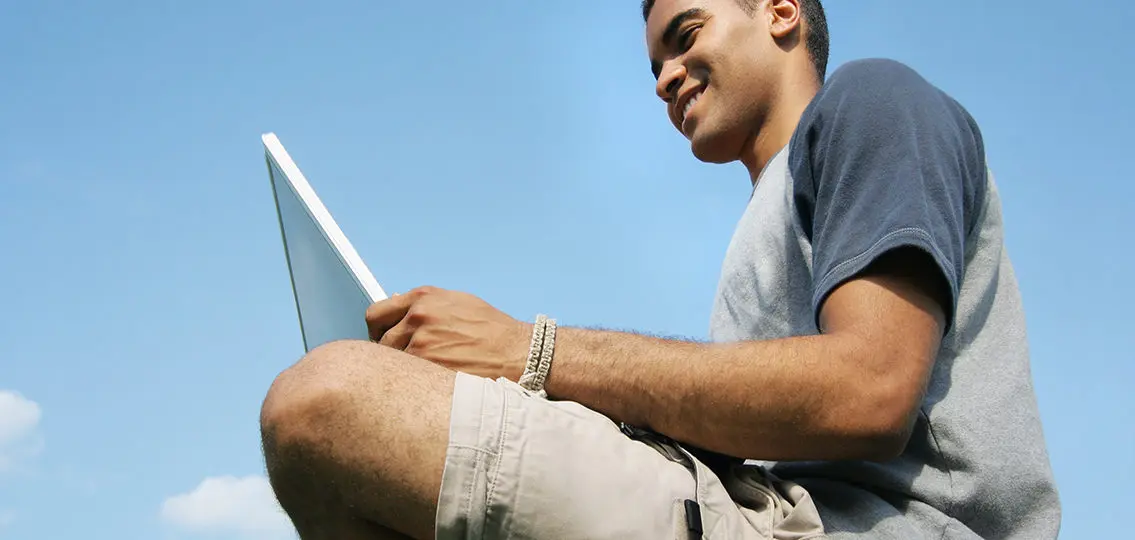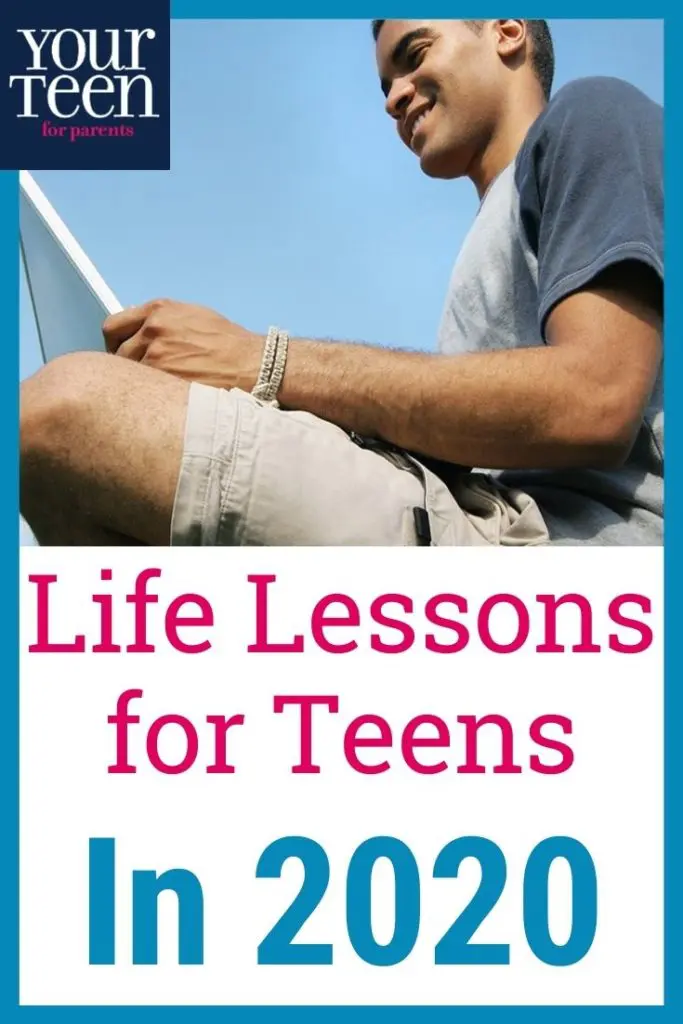The first week of online learning was a little stressful for me and my kids. Our internet was bogged down with four of us online, so we had to take turns. I worked in between their Zoom meetings and did my best to help them with their assignments.

My daughter got overwhelmed each morning because she wasn’t used to seeing all the work she had to complete at once. To top it off, our printer broke.
After we found our way and settled in, it occurred to me my children had gone from spending six hours a day in classrooms, plus doing homework, to spending what seemed to be half the amount of time on all of their work. But after watching them make their way through this new normal—and seeing their grades, which are better than ever—I’m noticing something:
They are learning quite a few important life lessons through this pandemic.
Like, how to manage their time. They aren’t stuck in a classroom and are able to take breaks throughout the day while doing work. This has made them more independent as they have learned that when they complete their assignments is up to them.
My daughter has realized seeing all of her assignments doesn’t have to feel so scary because she can chip away at them throughout the day. This realization has given my teens a boost of confidence because instead of finishing a certain amount of work before a class is over, they know they are in charge of getting it done. They’ve all said it feels better to get up and get after their work instead of leaving it linger in their mind all morning.
| [adrotate banner=”171″] |
They are learning how to navigate an unknown situation. The current situation is stressful, emotional, and pretty far from their normal routine. We never would have guessed in the beginning that we’d be sitting here months later, still unable to completely resume our normal lives.
My teens have dealt with it like rock stars.
They probably don’t know it now, but this experience is teaching them how to be resilient, how to make do with the tools at hand, and—if things don’t go according to plan—to accept that all will still be okay.
My children have had to ask for help more than they are comfortable with. It has always been hard for them to go to their teachers and admit they don’t understand something. But their days at home have forced them to ask a lot of questions in order to get their work done. Now asking for help isn’t something they waste energy dreading—they just do it because they know it’s the fastest way to find a solution.
They are also learning how to think differently. Instead of thinking about everything they cannot do right now, they now know they need to think about what they can do in order to be happy. They don’t always navigate that thought process gracefully, but they are more thankful for the small things in life now than they ever have been and are realizing sacrificing some things isn’t so bad.
My teens have started to realize that relationships with friends and family really are the most important thing in this world. They talk to me more now, and they also talk to each other more. They miss their friends and cousins and they view the people in their life in a bigger, more important way because we’re all been chugging through this experience together.

This pandemic has made my teens realize that comfort, real comfort, looks like the people you count on and trust.
Whenever I feel a moment of panic thinking that my children might not get as much out of online learning as they would from being in school, I pause and consider that they might be learning some of their hardest life lessons right now. I may not like the circumstances, but I can’t deny the education they’re getting now is one that will stay with them throughout their lives. And that’s something we can all be grateful for.





